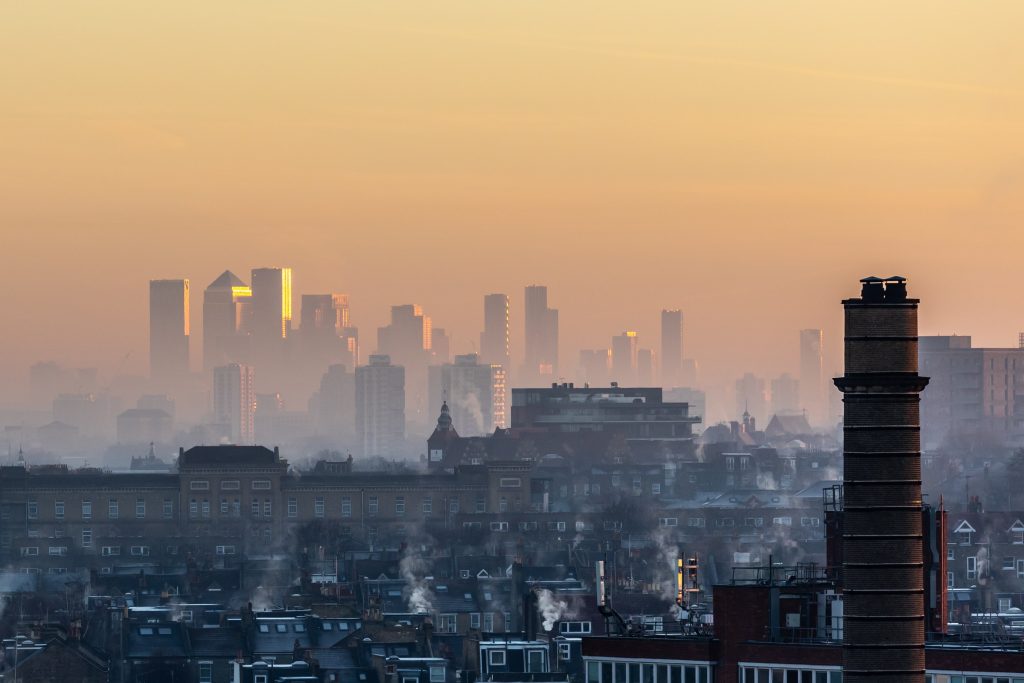Sadiq Kahn introduces air quality regulations on new developments

Addressing pollution levels in London is one of the significant challenges facing the capital. Poor air quality is linked to 4000 premature deaths annually and diseases such as asthma in the young and dementia in the elderly.
Buildings currently contribute to almost 80% of carbon emissions and are a significant source of other pollutants, such as nitrogen dioxide and particulate matter. However, environmentally conscious design and technology can help upcoming developments play an essential role in improving air quality.
Sadiq Khan, the Mayor of London, has introduced two new guidelines to address this issue. Air Quality Positive (AQP) focuses on considering air quality in the earliest design stages, while Air Quality Neutral (AQN) ensures developments do not increase air pollution beyond specific benchmarks.
Referencing the regulations, the mayor has stated that ‘developers will have to put air quality and carbon emissions at the heart of their projects from the very beginning and build their developments more sustainably’ and that this updated approach ‘will help us to continue building a better, greener London for everyone.’
AQP requires planners, designers, architects and air quality experts to demonstrate what measures have been taken during the design stages to achieve the highest possible outcomes for air quality—addressing how the development enables sustainable transport and utilises low or zero-emissions heat and power.
Sarah Legge, the associate director for air quality at Arup, has praised the guidance for encouraging ‘developers to consider air pollution levels and exposure at an early stage, in order to improve air quality through design.’
AQN regulations apply to emissions from heat and energy sources. Implementing two benchmarks for developers: The building emissions benchmark (BEB), intended to reduce wood and solid fuel burners in upcoming schemes, and the transport emissions benchmark (TEB), targeting emissions from private and public vehicles serving proposed development.
Both the BEB and TEB must be met separately for a scheme to be considered ‘air quality neutral’. Projects that do not meet benchmarks must mitigate or offset emissions in accordance with the local authority.
Minor dwellings and schemes with an overall size of less than 0.5ha or with floor space of under 1,000m² do not need to meet the guidelines. Developments without additional car parking or new gas boilers are also exempt.
Sadiq Khan has cited Wembley Park Gardens as an example of a recent development that meets AQN regulations. The project has numerous features that reduce emissions, including solar panels, an electric heating system, air source heat pumps, cycle storage, and electric vehicle charging. The housing scheme improves local air quality by encouraging public transport use, as well as biodiversity gain through green roofs and wildlife-friendly landscaping.
Firstplanit can be used to mitigate the impacts of air quality on outdoor and indoor environments. To find out how read our previous blog for more details.
